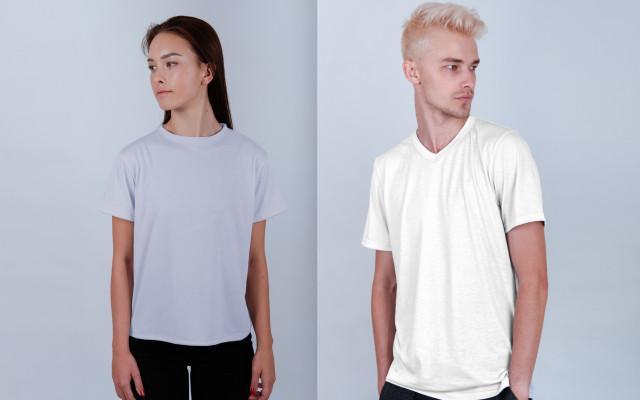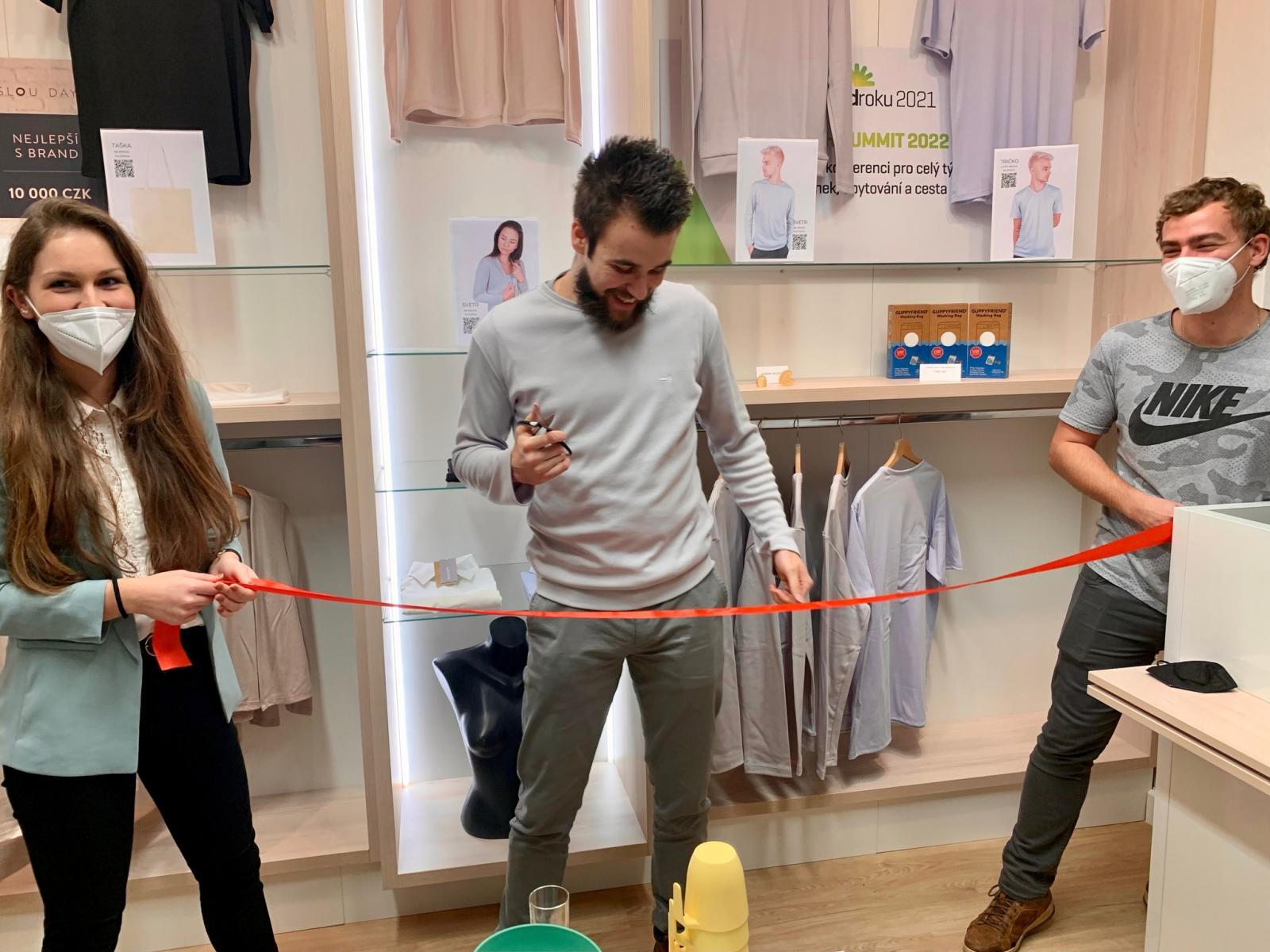Ideas and discoveries
Nilmore's circular clothing allows you to use the fibre repeatedly

A revolution in textiles. This is also how the brand is talked about Nilmore which recently launched a collection of circular clothing. The basic principle is that it takes back the sold goods from customers after a while and decomposes them into their original material, which is then used to create the thread for new clothes. Experts from the Institute of Chemistry of Materials at the Faculty of Chemistry of BUT (Brno University of Technology) helped with the circularity process and testing of the waste-free process.
Mikuláš Hurta, founder of the Ostrava startup Nilmore, had a simple idea. To offer clothes that never become waste. This is because it will be continuously broken down back into the basic raw material of fibre and used for new textiles. “Our aim was to ideally create no waste at all,” Hurta confirmed.

But a lot of research and testing was needed to bring this idea to life. This was largely taken care of by a team from the Institute of Chemistry of Materials at the BUT. “We received material from Nilmor that basically simulated the finished product. That means a dyed and washed T-shirt. We subsequently tested how to turn such a T-shirt into a virgin polymer that could be processed into a fibre form and reused in production,” described Radek Přikryl from BUT.
Detergents or dyes will not adversely affect recycling
The team, led by Přikryl, tested and compared two ways to turn a T-shirt into a fibre. “One way was the plastic way, where we reworked the T-shirt into granules in the extruder. These would then go for softening,” said Přikryl, adding that they tried to produce 3D printing strings from the material. “However, we have abandoned this essentially familiar route because, as expected, the material can only be reused in one subsequent cycle. Moreover, it is of course only suitable for undyed materials. Chemical recycling proved to be more crucial, when we split the polylactic acid chain, i.e. PLA, back into lactic acid,” explained Radek Přikryl.
According to him, this is not a new process today. “However, we have verified whether additives such as dyes or fabric softeners, which are actually present in the T-shirt and can be harmful, do not affect the chemical recycling process itself,” added Přikryl, adding that the research did not prove a negative effect of substances from dyes or washing powders on recycling.
New clothes from old pieces
On Nilmor's e-shop, people can now buy, for example, a circular T-shirt or sweater. When they get tired of it or tear it while wearing it, for example, they can take it back to the shop. They get a discount on their next purchase and Nilmore gets the material to recycle. “Circular clothing means that people will buy it, wear it, but instead of throwing it away, they will return it to us. We will collect it, recycle it and make new clothes out of it,” Hurta explained.

However, Radek Přikryl points out that even circular clothing is not 100% waste-free. “There's always some unusable residue because we're not able to break the polylactic acid back down to 100% lactic acid. Therefore, waste is actually generated during the recycling process itself,” pointed out Přikryl. However, he also added that if the process works well in real large-scale operation, both energetically and economically, it is definitely a step in the right direction from the material's point of view. The Institute has also tentatively agreed with Nilmore to further collaborate on research in this area.
According to Přikryl, this is not the first time the Institute of Chemistry of Materials at the Faculty of Chemistry of the BUT has addressed the issue of PLA recycling. “We built on previous projects. We even had a bachelor's thesis on recycling of PLA fibres, so we could build on something we had already done in this research,” Radek Přikryl confirmed, adding that recycling of plastics and bioplastics is one of the key topics within the Institute. “For seven years we have been working on replacing conventional petroleum-based plastics with bioplastics in meaningful applications. In the process, we also realised that bioplastics are not a saving grace in all applications, so we started to look much more into the recycling possibilities of the materials. We take a very comprehensive view of this issue and welcome any opportunities for meaningful cooperation. We've even changed our name internally to the End of Life Lab. So far, only the plastics,” Radek Přikryl adds with a smile.
(zeh)
Research from FCH BUT has contributed to a better understanding of cement-free concrete. The finding were also published in prestigious journals
We can improve the quality of life of the whole population, says Ivana Márová
They were looking for a way how to supress the negative effect of zinc on cement. They developed a material with even better properties
Stevan Gavranović studies environmentally friendly lead-free halide perovskites
Why does the Greenland shark live to be 400 years old? Scientists from FCH BUT want to discover the longevity gene